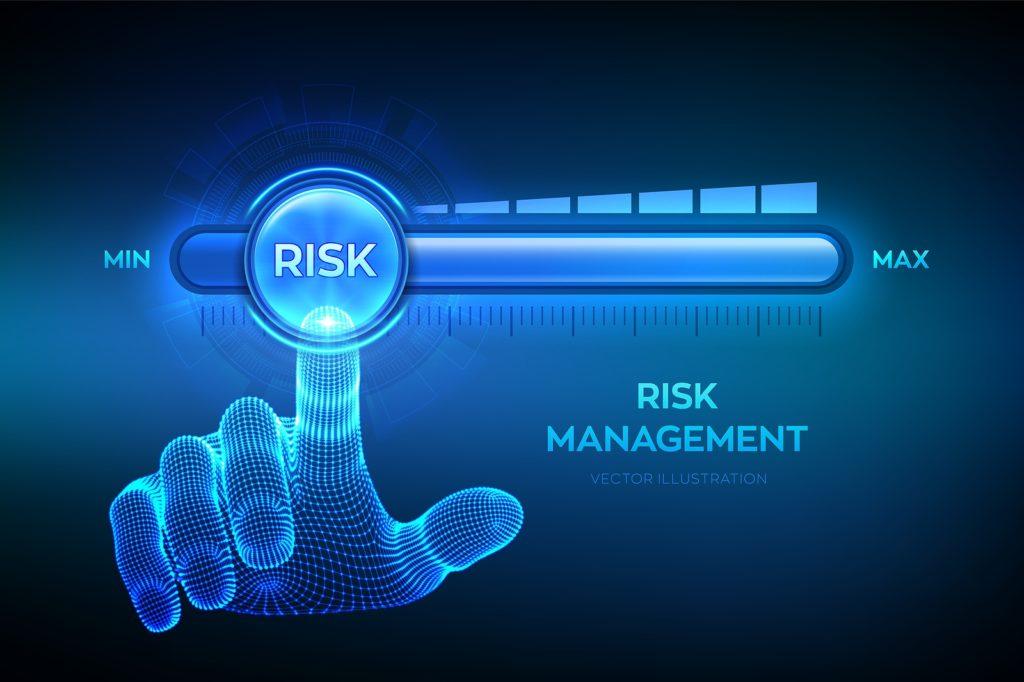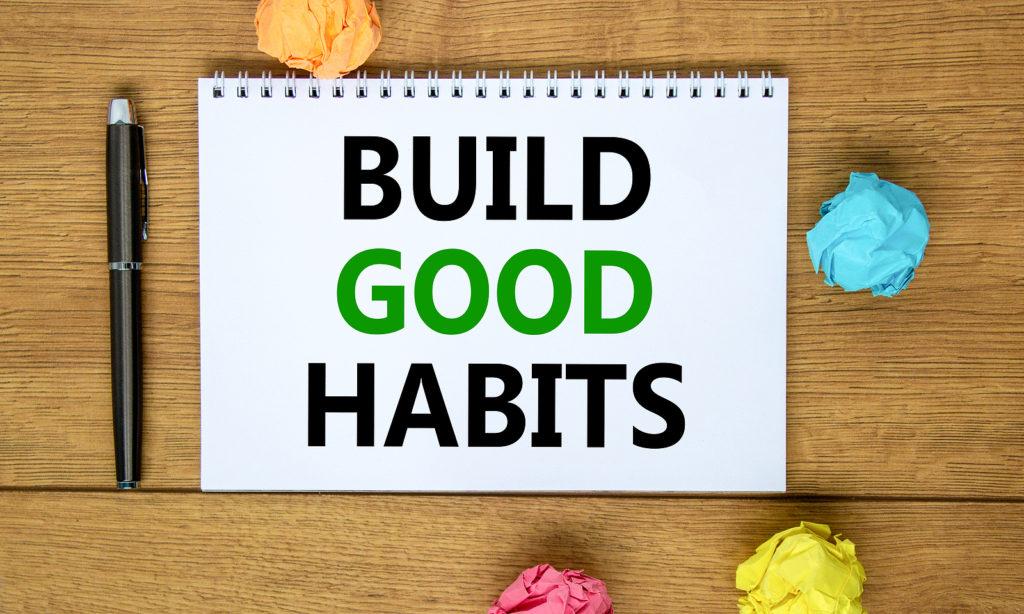Alcohol Addiction Harm Reduction
Harm Reduction Model for Alcohol Addiction – Pros and Cons of Moderate Drinking
The term harm reduction may conjure up images of needle exchanges and safe injection sites, but it has some use outside of these illicit substances, too. It can also be used in terms of alcohol addiction, as in the harm reduction model approach to treating alcohol addiction. This approach focuses on reducing the risks associated with alcohol consumption while encouraging people to moderate their drinking rather than abstaining completely. But how effective is this approach? Is it right for you? These are just some of the questions we’ll address in this article.
What is the Harm Reduction Model for Alcohol Addiction?

Harm reduction for alcohol addiction is a model that accepts that not everyone who experiences addiction will also experience remission. This approach is focused on lowering the negative consequences and complications associated with continued use. For instance, harm reduction approaches to alcohol addiction might include moderating your drinking, controlled drinking, or abstaining from alcohol.
The difference between abstinence and moderation for alcohol dependence is mainly a psychological one. Sometimes moderation management can be more dangerous if done incorrectly because it can perpetuate addictive behaviors. Moderation management can work well for people with mild alcohol dependence but those with moderate to severe alcoholism are more likely to struggle when trying this form of harm reduction. Controlled drinking is different than moderation management in that it does not lead people back into unhealthy patterns. Controlled drinkers have strict limits set and are monitored by health professionals at all times, as opposed to just relying on self-control alone like moderates do.
The Good Things about the Harm Reduction Model
There are a lot of positive things about harm reduction model for alcohol addiction. The main advantage is that it has been shown to reduce levels of alcohol use and dependence. Another benefit of harm reduction is the option to help you recover from addiction without totally giving up alcohol. Moreover, another great thing about harm reduction model is that it takes into account alcohol’s pleasurable effects and doesn’t just try to deny them. Yet another advantage of this approach is that the goal isn’t total abstinence but instead moderation. Another pro is that there is an increased chance of success by staying engaged in treatment programs instead of withdrawing from them. Lastly, with harm reduction, it’s easier to maintain social drinking than when taking a complete break from alcohol.
Bad Things about the Harm Reduction Model

Drinking in moderation may not always be appropriate or safe. Low level drinking can become problem drinking very quickly, causing many different negative consequences to develop. How about heavy drinkers? Is the harm reduction model for alcohol addiction more dangerous than helpful? Even if it’s used responsibly, there are some risks associated with a harm reduction approach. The most important thing to consider is that what’s needed is abstinence from alcohol if you’re struggling with addiction. If you feel like moderation might work for you, then by all means, try it out and see how it goes; however, if at any point things get too difficult or get out of control – it’s time to stop. No matter what your status is on this approach, one thing we know for sure is that alcohol addiction and alcohol dependence can have devastating consequences to one’s health and life if not addressed.
How to Tell if Moderation Works Better than Abstinence
Do you drink too much but not enough to warrant treatment? If so, moderation may be your best option. Abstinence is always better than harm reduction model, but it’s not necessarily right for everyone. You might have been told that abstinence is necessary or the only option. It’s possible, however, that moderation will work better for you and your situation. Ask yourself these questions: Is my drinking hurting my health? Does it significantly interfere with my relationships? Am I often hungover? Do I use alcohol as a coping mechanism? These are all signs that abstinence might work better for you. But if your drinking isn’t causing major problems in your life, then this method could be a great way to regulate alcohol consumption while still enjoying some drinks in a safer manner.
How To Tell If Drastic Drinking Decreases Are Needed

- Recognize when your drinking is affecting your day-to-day life.
- Ask yourself if you are using alcohol to cope with stress, anxiety, sadness, or other difficulties.
- Track your drinking habits in an effort to identify patterns in your drinking and any triggers that may have led you to drink more than usual.
- Practice healthy coping strategies like exercise, meditation, hobbies, etc.
- Connect with friends and family members on a regular basis so they can help support you in times of need.
- Seek professional counseling from a licensed therapist who specializes in addiction.
- Contact your physician and ask about medication-assisted treatment options if medications are available to treat addiction issues.
Begin Alcohol Addiction Treatment in New York, NY
If you need to decrease the amount of alcohol you drink, I would be happy to offer support in overcoming addiction. As an online therapist in New York, NY, I have experience supporting clients with both in-person and online services. You can start working with my NYC, Manhattan-based therapy practice by following these simple steps:
- Contact Stephen Gilman, MD
- Learn more about me and my approach to treatment
- Start reducing the harm experienced by alcohol addiction
Other Services Offered with Stephen Gilman, MD – Addiction Psychiatrist in NYC, Manhattan
Alcohol addiction treatment isn’t the only service I offer from my New York, NY-based therapy practice. I understand you may experience more than one mental health concern, which is why I’m happy to provide a variety of services including young adult psychiatry, adult psychiatry, and opioid addiction treatment. I’m also happy to offer prescription drug addiction treatment, cocaine addiction, and meth addiction treatment, behavioral addiction treatment, PTSD treatment, drug addiction treatment, and marijuana addiction treatment. Learn more about me or visit my blog for more helpful info.




Trackbacks & Pingbacks
[…] There’s no doubt that cannabis addiction and marijuana addiction have reached epidemic proportions in the United States. More people are using cannabis, more people are using higher potency cannabis, and more people are becoming addicted to cannabis. As more states in the U.S. have legalized marijuana use, concerns about cannabis addiction and marijuana addiction have risen sharply. Many opponents of legalization believed that legal marijuana would lead to an increase in cannabis and marijuana addiction, as well as other problems, such as driving under the influence of drugs and alcohol. […]
Comments are closed.